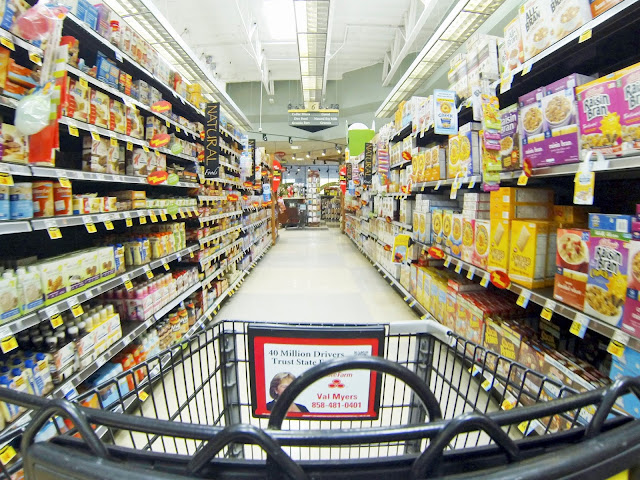How May a Seasonal Diet Benefit Us?
As we’ve stepped into 2021, it is important to prioritise health and wellbeing, now more than ever, in order to stay strong through the transition to cold weather, diminishing the risk of illness. So let’s start the year with a lot of energy and enthusiasm, shan’t we?
Now, let’s move on to the benefits of such eating approach!
HEALTH AND NUTRITION
When food is in season it means that it is fully ripe, so it
reaches its optimal nutritional content, thus enhancing food flavour and health
properties. As their name suggests, seasonal foods can also respond better to our bodies nutritional requirements during each season, helping us cope better with the climate. The downside of today’s convenience and wide availability of any
sort of ingredients at any time, the increasing reliance on mass producers and imports, all lead to foods that do not reach their full potential.
SUPPORTING LOCAL ECONOMIES
Buying
locally sourced food within the right season, whether from supermarket chains
or – ideally – from the farmers' market, supports the local community and adds
to the economy of the country, through increasing the GDP (i.e., gross domestic
product). This may also encourage the continuation and potentially even
enhanced production of such resources, as a result of increased demand.
PRESERVING CULTURE AND TRADITIONS
Food
is an essential element of any culture and subculture. Along nourishing
qualities, it holds great socio-cultural meaning. It reveals a lot about a
communities’ history, philosophies, lifestyles, values and beliefs, through aspects
such as the settings in which it is consumed (e.g., in groups; individually; a
specific room; during a ritual), attitudes towards cooking & serving (e.g.,
separate portions; sharing dishes; batch or fresh cooking), and many other
elements. Keeping in touch with local ingredients means keeping a great portion
of the culture alive, as well as all that it is associated with.
COST EFFECTIVE
As the production of seasonal ingredients is at its peak,
these are widely available and easy to find in most markets and shops, meaning
that they are a cost effective and time saving option for your healthy meals.
ENVIRONMENTAL BENEFITS
Perhaps one of the most important aspects is that prioritising seasonal foods is a sustainable approach for both for our bodies and for the environment. Focusing on local production instead of imports is healthier and more nourishing for the bodies of local communities, while it may reduce carbon emission and other air & water pollutants associated with transportation of food from abroad.
"WHERE SHOULD I START?"
- Visit farmers and local markets more often
than supermarkets.
- Do additional reading and research into
the topic (e.g., history and science of ethnic / traditional foods; nutritional
content guides; general biology and anatomy resources).
- Understand your own mind and body well (e.g.,
dietary restrictions; cravings; body type; stress triggers).
- Check out these detailed seasonal ingredients lists designed for omnivorous diets (i.e., involving both animal and plant-based products), vegetarian diets (i.e., plant-based plus dairy and eggs), and vegan diets (i.e., plant-based only).




Cool!
ReplyDeleteThank you very much Sara! We’re glad you enjoyed the article!
Delete